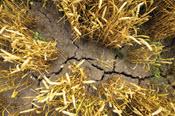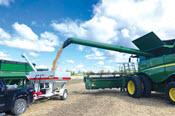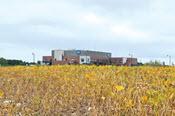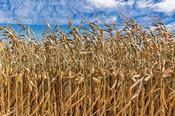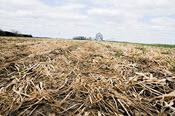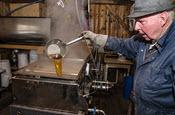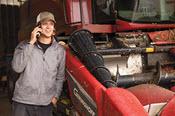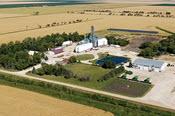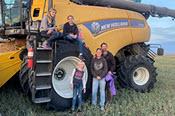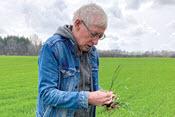Big climate, small changes
How can producers at the farm level make changes and still reap the rewards
By Colleen Halpenny
As defined by the United Nations, climate change refers to long-term shifts in temperatures and weather patterns. They note that the consequences of climate change now include intense droughts, water scarcity, severe fires, rising sea levels, flooding, melting polar ice, catastrophic storms, and declining biodiversity.




